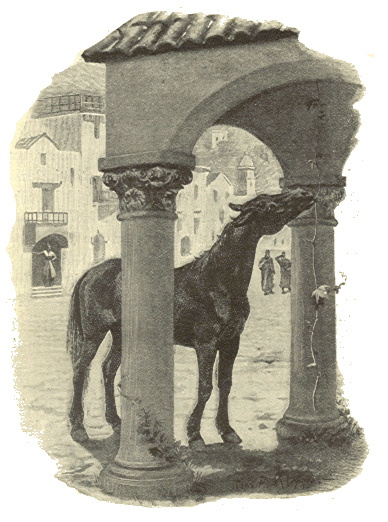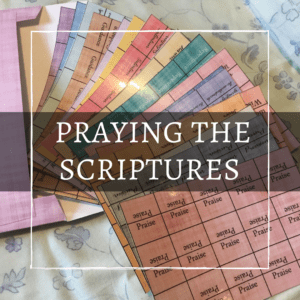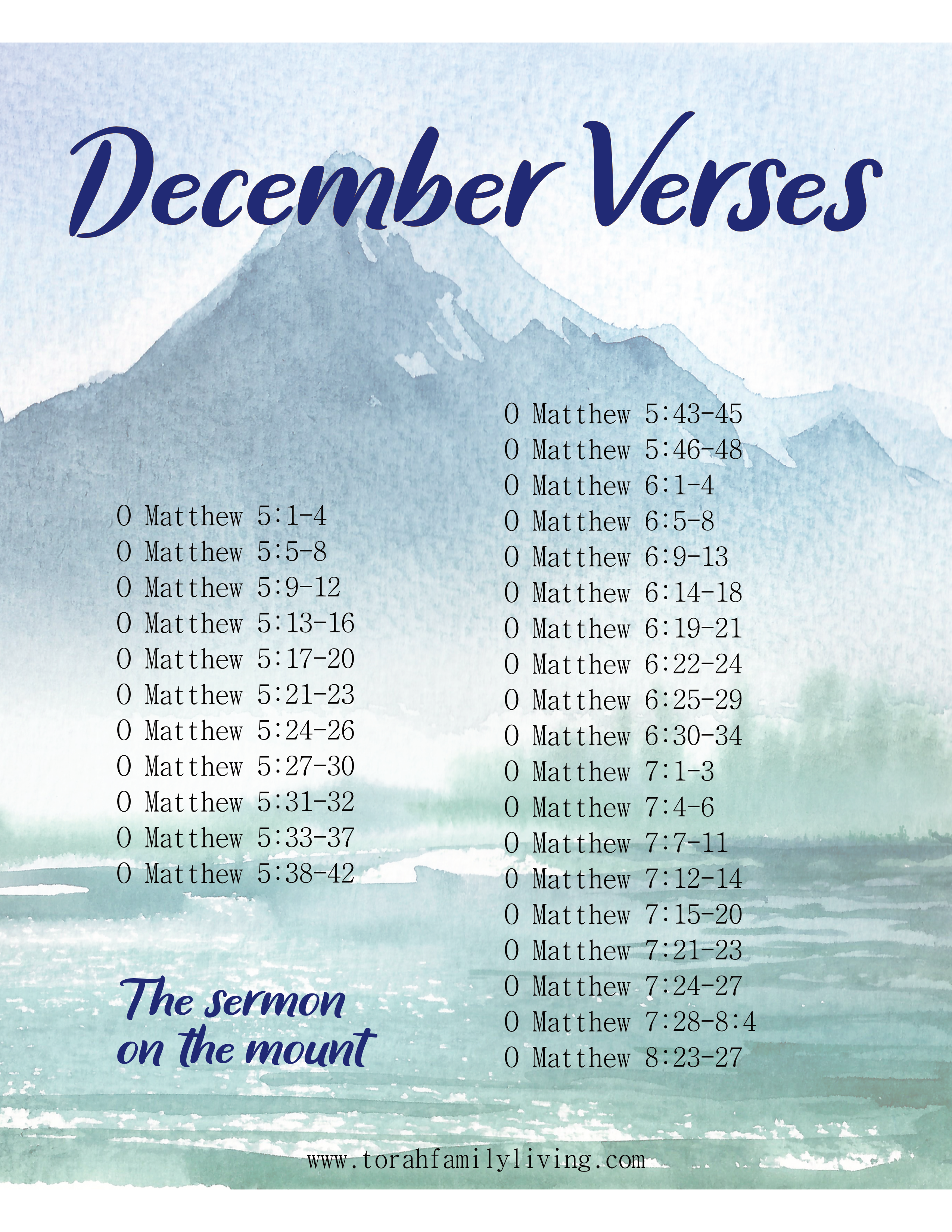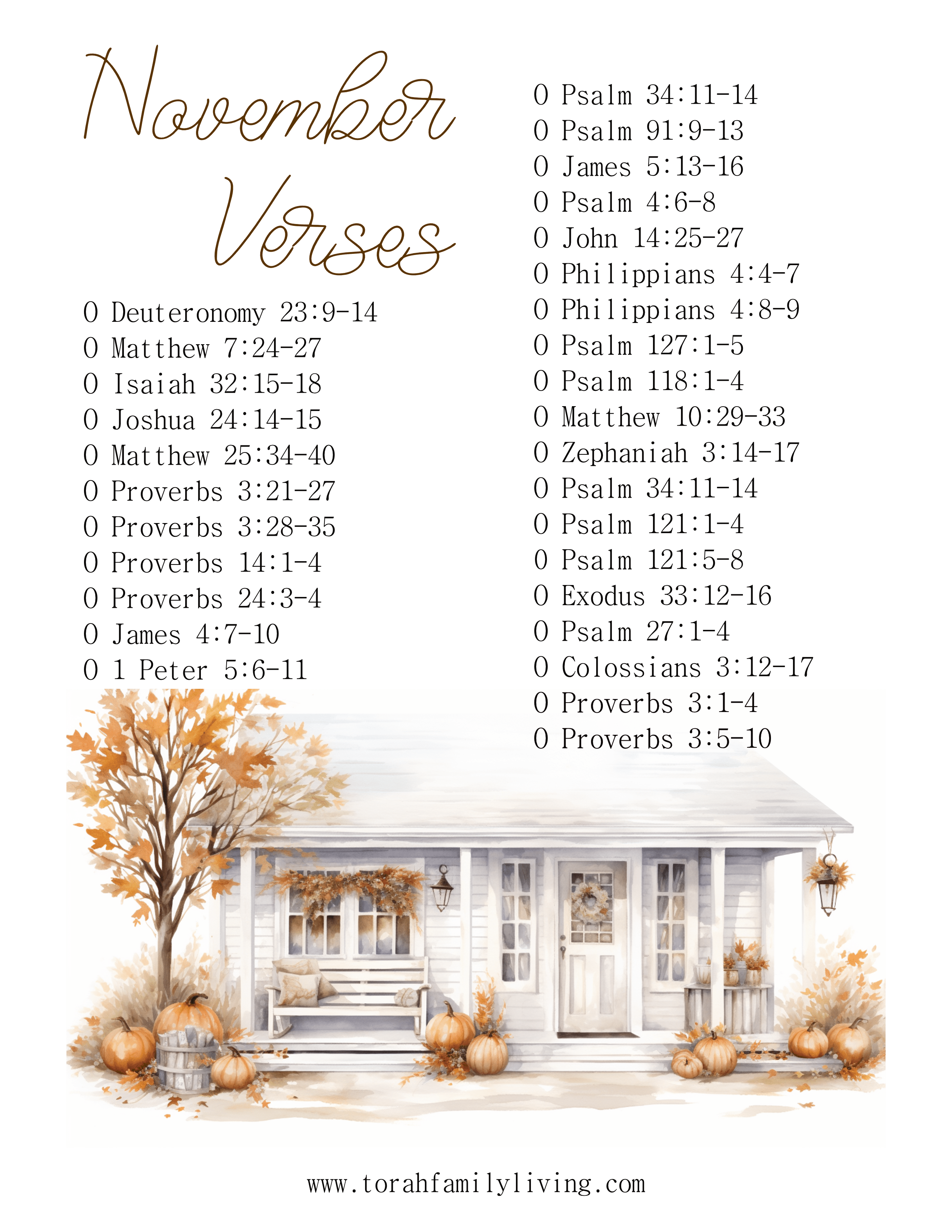I love history! If you study history as a collection of stories about the human experience rather than dates and facts, history is a colorful and rich study. We study people and their choices, their consequences and successes. We learn from their experiences and hopefully apply their wisdom to our own lives.
My daughter Sadie is working through the book Fifty Famous Stories by James Baldwin this year. Recently we read the story The Bell of Atri. (You can read the whole original story by clicking on the title.) It is a wonderful, inspiring story of mercy and justice. I’ll give a quick summary. Atri was a little town in Italy. The king wanted to provide a way for all the citizens to obtain justice, even the little children. So, they fashioned a bell and hung it in the center of town. The rope reached all the way to the ground so anyone could reach it. If anyone was mistreated or harmed in any way, they could ring the bell and the town leaders would immediately come and hear their case. The citizens were instructed to never ring the bell except in cases needing justice.
Over the years, many people rang the bell and received help. Many offenders were punished. The system worked very well. But over time, the rope was no longer usable. They began to fashion a new rope, but in the interim, they hung a strong green vine to make the bell accessible. Meanwhile, a nasty man had decided that he no longer needed to care for his faithful horse. He did not want to spend the money on the horse’s upkeep so he turned the horse loose to wander and find food where he could. The horse got thinner and thinner and eventually was driven into town to find food. What did he find but the vine attached to the bell. Since the vine was still quite fresh and strong, he ended up ringing the bell in his desire for a nibble. The town leaders convened and found the horse. They had learned over the years to value justice and mercy, and so they sought justice for the horse. They forced the nasty man to pay for the horse’s care and gave the horse a happy existence to the end of his days.
Wow! What a beautiful story! It is also chock full of Torah principles to share with our children. Here are a few:
The weightier matters of the law are justice, mercy and faith.
The Pharisees were harshly scolded for remembering the little details of the law at the expense of the weightier matters. (Matthew 23:23) If we are uber careful about avoiding pork in our food, but don’t bother to treat our fellow man with justice and mercy, we are missing the big picture. How do we act with justice and mercy? We listen to all the facts before making a judgment call. We look for two witnesses. We show mercy and forgive. We have faith that YHVH will handle the situations out of our control.
Are you a person of justice, mercy, and faith? Do you decide who is guilty solely on your initial observation of your children’s chaos? Do you decide the worth of a person based on hearsay from social media, rather than prayerfully checking the source? Do you offer forgiveness rather than “seeking emotional blood?” Do you look out for the needs of the innocent and weak? (Leviticus 19:18)
Even the smallest person or animal deserves justice.
One of the things I love about Torah is the fact that the little guy is given honor and respect. Just because you are a widow or an orphan, a wanderer, or a little baby, you are not forgotten. (James 1:27) On the contrary, you are given special care and consideration. This tends to set Bible obedience apart from many other worldviews. How are you at caring for the little guy? Do you value the less fortunate, those that have fallen on hard times, the widows and orphans? How about your animals? Are they well cared for as fellow travelers on your life’s journey?
We are to care for our animals as our helpers.
Torah refers to giving our animals respect in several ways. They are to be given a Shabbat rest. (Exodus 20:10) They are to be given food when they work for us. (Deuteronomy 25:4) They are to be protected from harm. (Deuteronomy 22:4) Even when an animal was killed for sacrifice or food, it was to be done quickly and humanely.
People in authority are to provide protection for the innocent and punishment for the guilty.
While we can’t change those in authority over us, we can change how we perceive our various roles of authority. A position of authority is never to be used as a ticket to a power trip. Leading is all about the followers. We are to protect them not only from physical harm, but guard their spiritual development. Our position as parents is a great opportunity to be the right kind of leader.
History lessons are a great opportunity to share Torah principles with our children, and remind ourselves of them! Use history wisely.
Hear, O Israel: YHVH our Elohim, YHVH is one.
You shall love YHVH your Elohim with all your heart and with all your soul and with all your might.
And these words that I command you today shall be on your heart.
You shall teach them diligently to your children, and shall talk of them when you sit in your house, and when you walk by the way, and when you lie down, and when you rise.
You shall bind them as a sign on your hand, and they shall be as frontlets between your eyes.
You shall write them on the doorposts of your house and on your gates.Deuteronomy 6:4-9 ESV
You can help your children look for Torah principles in many places, from their history lesson to the book you are reading together. To help you get started, I have created a system to enable you to teach Torah principles alongside their other schoolwork. It’s called Torah Learning Made Simple.
This post contains affiliate links, which means I receive a small percentage of any sale, while your price remains the same. Thank you for your support.















4 Responses
My daughter read this book too, she is involved in RC Curriculum and I love how your observations cause such enlightenment. Thank you for your blog. -Shailene
Thanks for stopping by, Shailene! I use lots of books from RC, but I admit that I do alot of my own thing, too. I was raised by my mother, a wonderful free thinker. Blessings to you!
My son did it too
cool